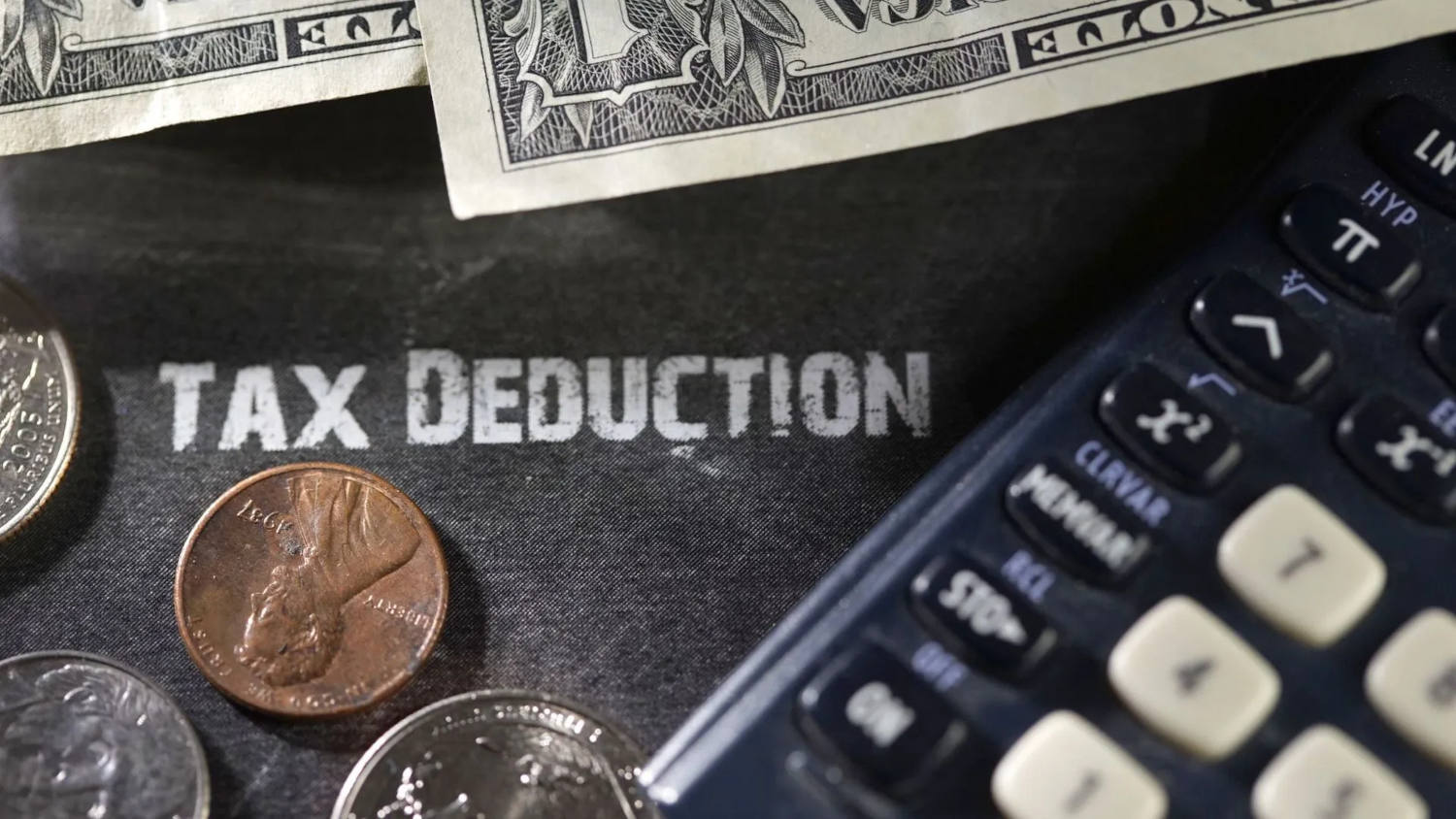Unlock the Secrets of Tax Optimization to Boost Your Rental Property Profits
As a landlord, the pursuit of profitability often leads us to explore every avenue of potential savings. One of the most significant avenues, albeit often overlooked, is rental property tax deductions. In this comprehensive guide, we will delve into the world of rental property tax deductions, unveiling the secrets to reducing your tax liability and maximizing your returns.
Section 1: What Are Rental Property Tax Deductions?
Before we embark on this tax-saving journey, it's crucial to understand what rental property tax deductions are. In essence, these deductions are specific expenses associated with owning and managing rental properties that you can subtract from your rental income. By doing so, you lower your taxable income, ultimately reducing the amount you owe to the taxman.
Section 2: Common Rental Property Tax Deductions
Now that we comprehend the concept let's explore some of the most common rental property tax deductions:
Mortgage Interest: Landlords can deduct the interest paid on their mortgage loans. This deduction often accounts for a substantial portion of a landlord's tax savings.
Property Depreciation: Over time, properties wear down. Landlords can deduct a portion of the property's value each year to account for this wear and tear.
Repairs and Maintenance: Expenses related to repairing and maintaining the rental property are generally deductible. This includes everything from fixing leaky roofs to repairing broken appliances.
Section 3: Lesser-Known Deductions
Beyond the basics, there are several lesser-known deductions that savvy landlords can take advantage of:
Travel Expenses: If you travel to your rental property for necessary tasks, such as inspections or maintenance, those expenses can often be deducted.
Home Office Deductions: If you have a dedicated home office space for managing your rental properties, you may qualify for home office deductions.
Legal Fees: Legal expenses related to your rental property, such as eviction proceedings, can also be deducted.
Section 4: Record-Keeping and Documentation
To make the most of these deductions, meticulous record-keeping is essential. Maintain organized records of all your expenses, including receipts, invoices, and contracts. Proper documentation will prove invaluable during tax season.
Section 5: Tax Strategies for Landlords
To take your tax optimization to the next level, consider implementing tax strategies such as income shifting, entity structuring, and 1031 exchanges. These strategies, when employed judiciously, can significantly impact your bottom line.
Section 6: Mistakes to Avoid
While tax deductions can be a landlord's best friend, there are pitfalls to avoid. Common mistakes, such as improper deductions or failing to report income, can lead to audits and penalties.
Section 7: Tax Professionals and Resources
Don't hesitate to seek the expertise of tax professionals who specialize in real estate. Additionally, numerous online tools and resources are available to keep you informed and up-to-date with the ever-evolving tax landscape.
In the intricate world of rental property tax deductions, knowledge is power. By understanding the intricacies of deductible expenses, keeping meticulous records, and exploring tax strategies, landlords can optimize their tax liability and enhance their rental property profits. So, confidently embark on this tax-saving journey, and watch your returns flourish.


